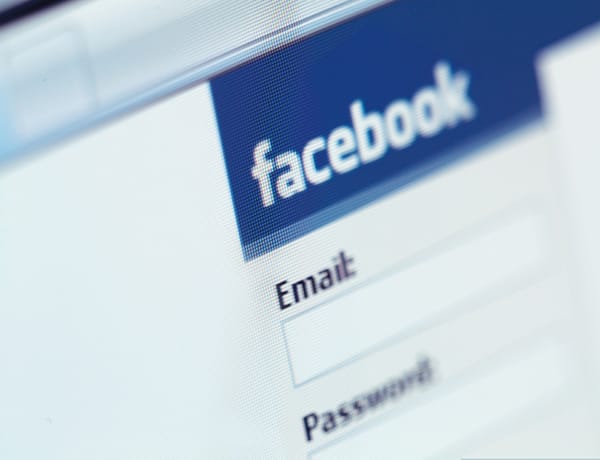American embarrassment as more documents leaked about Iraq war
From sexual assault to frozen funds, WikiLeaks is under attack from all sides, but will the whistleblower’s friend survive? Feroz Salam continues his investigation

Wikileaks is in the news again this week after releasing approximately 400,000 formerly classified documents relating to the war in Iraq.
The biggest revelation from the document dump is the fact that the American government has seemingly admitted to far fewer civilian casualties than they actually knew about, and looked away from torture they knew the Iraqi army was committing. The document release will come at a welcome time for WikiLeaks, as it will likely help divert attention away from their other problems.
Currently WikiLeaks is suffering from issues regarding its finances, and the legal problems relating to the sexual assault allegations recently levied against Julian Assange, the public face of the website.
As various mainstream news outlets pore over the documents published in the latest leak, Wikileaks itself has quite a task on its hands in trying to release funding, which has been frozen the last two weeks, since its account held with an Internet payment company was closed down. This appears to be a direct result of Wikileaks recently having been placed on a blacklist of organisations maintained by the Australian and American governments, and makes it unlikely that many other popular Internet payment services will want to deal with them in the near future. This will cause some serious issues for WikiLeaks’ progress, but a quick look at the website shows that you can still donate to fund their operations. It’s unclear however, whether they will ever be able to access funds from the blocked account.
The funding problem seems to match the regular escalation of issues that occurs every time WikiLeaks is poised to release a large amount of data to the press, and now comes off the back of allegations of sexual harassment levied against Assange in Sweden.
The investigation has taken some puzzling twists and turns – starting off as a rape and sexual assault case, before being hurriedly downgraded less than 24 hours later to a harassment investigation.
After eight weeks of relatively little news about the investigation, Swedish prosecutors are yet to formally file a case based on it. This has lent some credibility to Assange’s claims that he is the victim of a particularly callous smear campaign. Assange is understandably refusing to discuss the matter with the press, storming out of an interview on CNN recently as the interviewer attempted to press him into discussing the implications of the charges on Wikileaks.
When I wrote about Wikileaks for Felix last year, I ended my article with a grim prediction – that it would take a lot for them to stay in business for any sizeable amount of time, considering the wide range of governments they seem to have upset.
Roughly six months on and a fair few scoops later, they are still hanging on in there, but the question marks over the future of their organisation remain just as prominent.
With the curious rape allegations, it looks as if Assange might be up against people who are willing to stoop to remarkable lows in an attempt to keep him under control, and only time will tell whether his resourcefulness will be able to keep Wikileaks (and himself) in safe hands.









